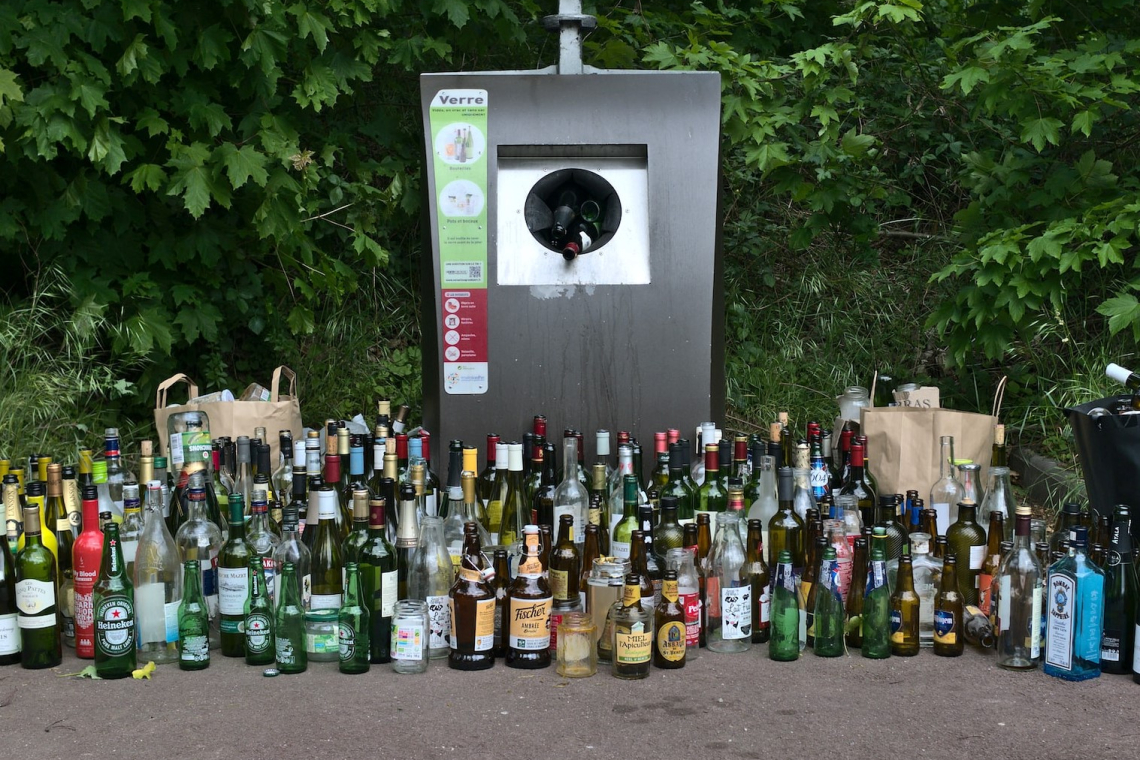By Colin Michie
“O God, that men should put an enemy in their mouths to steal away their brains! That we should, with joy, pleasance, revel and applause, transform ourselves into beasts!” ––Cassio, in Shakespeare’s Othello
Are you happy, sad, bored, feeling successful or perhaps anxious after the holiday season? Planning time to chill, or perhaps socialize and party? Chances are you will be tempted to reach for a drink.
Alcohol is our most widely used psychoactive substance, our most abused drug. Its presence is obvious everywhere, drinking is a social norm in most countries. As a partner to our emotional adventures, sporting activities and demonstrating our social standing, alcohol is an easy support. The World Health Organisation (WHO) estimated each individual on the planet consumed an average of 6.4 litres of pure alcohol over 2021, ranging from over 14 litres in those living in some European countries to zero reported consumptions in those living in Somalia or Bangladesh.
On a global level, alcohol’s harms are growing, whether one looks at years lived with disability, organ damage or just deaths. Increases have been documented among young adults and women in particular. The ravages of alcohol in the USA are surpassed only by tobacco, poor diet and limited physical activity.
Many aspects of daily life throw a cloak over the effects of our drinking habits. The industry and its advertisements of alcohol would like us to believe that alcohol is a routine, a normal part of responsible life! There are many powerful commercial incentives to encourage alcohol consumption, although new generations of alcohol-free beverages are an extremely welcome innovation.
However, wider social harms of alcohol are seldom obvious – for example, that in pregnancy. Small amounts of alcohol are toxic to the foetal brain during pregnancy. The condition of foetal alcohol spectrum disorder has been reported more frequently in the last decade. Those born with alcohol-related damage are found 20 to 40 times more frequently among those youngsters receiving child protection, special education and correctional judicial systems: this is a crippling condition to individuals and society.
Wide differences in our responses to alcohol can hide its impacts too. Some become inebriated after only a few drinks; some suffer hangovers. The naïve and trusting nobleman Cassio, in Othello, described his low tolerance to alcohol: “I have very poor and unhappy brains for drinking...I am unfortunate in the infirmity.” Genetic studies identified over 50 genes that relate to the short-term effects of alcohol and its breakdown. Combined functions of all these genes vary with sex, age and personality. So younger men with less reserved emotional regulation will often report worse hangovers.
Variations are seen in many aspects of our body responses to alcohol. Most of us suffer sleep disturbance and a rise in blood pressure. Over time, a proportion of folk develop heart rhythm disorders, some ulcers, some liver cirrhosis, some heart muscle failure. Risks of cancer and diabetes are increased too, but not in everyone. Alcohol can exacerbate other diseases such as hepatitis. Interventions to stop drinking in pregnancy and delay drinking in adolescence will have the most rapid impacts on the health of everyone on the island.
Alcohol consumption increased among many populations during the recent Covid-19 pandemic. In South Africa, there were national bans on the sale of alcohol during lockdowns. Reductions of over 40% in trauma presentations were recorded, along with falls in alcohol-related health risks. These benefits were reversed when the bans were lifted.
From the point of view of our health, each of us has targets for 2023. Could you, for one goal, stop drinking alcohol for January? Can you avoid having your brains stolen, as Casio might put it? This would reduce your carbon footprint, support your health in many different ways and save you money!
Temperance movements have supported “dry” months, such as Dry January in the UK, Ocsober in Australia and the Dry January USA, to be launched by Meharry College, Tennessee, in 2023. A month without alcohol will deliver a rich diversity of benefits. You will sleep better. It is likely that your concentration will improve, your blood pressure will normalise and it is probable your cholesterol levels will fall. A dry month will probably reduce your alcohol consumption for the remainder of the year.
This is an ambitious challenge! Tell family, friends and colleagues about your Drynuary. Put bottles of alcohol out of sight. Plan the month ahead to remove temptations, giving yourself regular, non-alcoholic rewards through the month. Use a mindfulness approach if this helps: Post a large calendar where you can see it each day. It is helpful to sign up to one of the charitable apps too, as these provide valuable supports. A dry January will positively support every cell in your body: Be bold!
Useful resources:
https://www.who.int/news-room/fact-sheets/detail/alcohol
https://dryjanuary.alcoholchange.org.uk/







